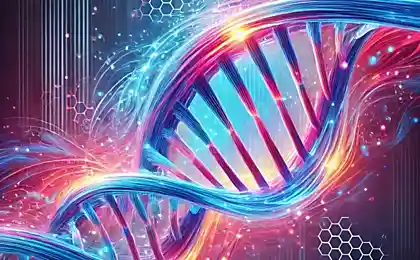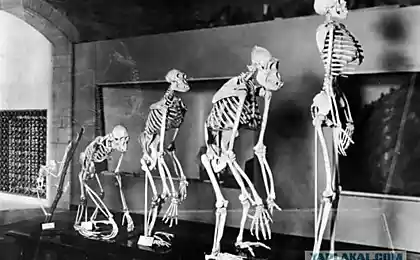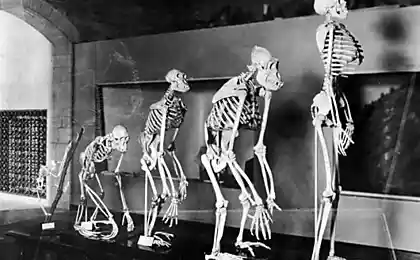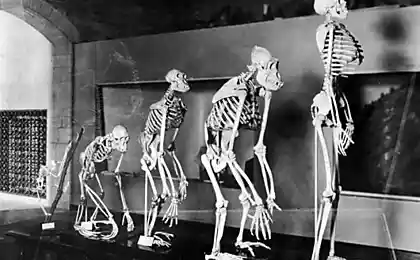470
In China created the first genetically modified monkeys
Chinese scientists first managed to create directed mutations in the embryos of apes. This technology will help to find cures for many diseases. Also, perhaps in the future, genetic modification ensure the birth of completely healthy people.
Due to the success of the Chinese scientists finally will be implemented the potential of precision gene editing. In the short term, this will allow you to create primates with human diseases and to test new methods of treatment. Moreover, in the distant future may be approved by the genetic modification of human embryos that will save mankind from congenital diseases and unhealthy predispositions.
Scientists from the Model Animal Research Center of Nanjing University has provided the scientific community the first monkey-twins with the target mutation. Previously, such targeted mutations have been carried out only on mice, it is now managed on primates – using a promising technology called CRISPR/Cas9, developed at the Massachusetts Institute of technology. It uses customizable snippets of RNA to control the cutting of the DNA and insertion into the genome of the modified desired fragment.
Transgenic mice have long been used as models to study human diseases. Is a convenient model organism: mice reproduce quickly and using a fairly simple method of homologous recombination it is possible to obtain the desired rare mutations. However, the low rates of homologous recombination make it unsuitable for monkeys, which reproduce slowly.
Attempts to genetically modify primates using programmed viruses, which create mutations very efficiently, but at unpredictable locations and in uncontrolled numbers. However, the technology CRISPR/Cas9 overcomes these problems.
In experiments on monkeys, scientists were able to modify three target gene with a probability of success of 10-25%. The researchers then replaced the three target genes in more than 180 embryos. Then the monkeys were implanted 83 of genetically modified embryo, and one in 10 pregnant monkeys already gave birth to twins with mutations in two genes: Ppar-γ (regulates metabolism) and RAG1 (involved in immune function).
The combined mutations in PPAR-γ and RAG1 are not syndrome specific disease, although each of these genes is associated with various diseases. While scientists have not fully analyzed the state of monkeys and needs to determine if the mutation in all cells of animals.
Currently, scientists are working to improve the efficiency of genetic modification in monkeys, since the current labor-intensive process gives the minimum percentage of success. Also, scientists are studying the old attempts to teach apes human diseases such as autism and immune deficiency. Chinese researchers will try to repeat these experiments with more promising technology called CRISPR/Cas9. If successful, there will be new opportunities for the study and treatment of many human diseases
source: nlo-mir.ru
Source: /users/1077
5 Myths and Facts About Things You Face Every Day
The Well of the Torah, the Gateway to the Underworld























